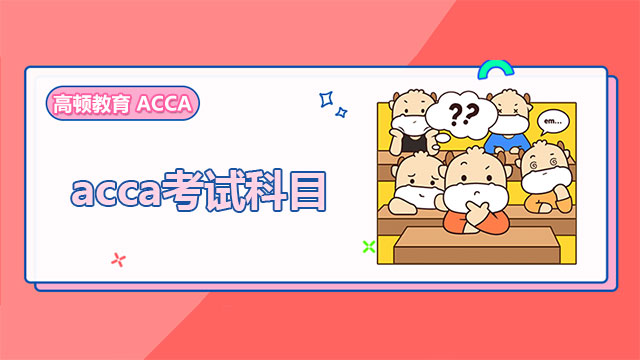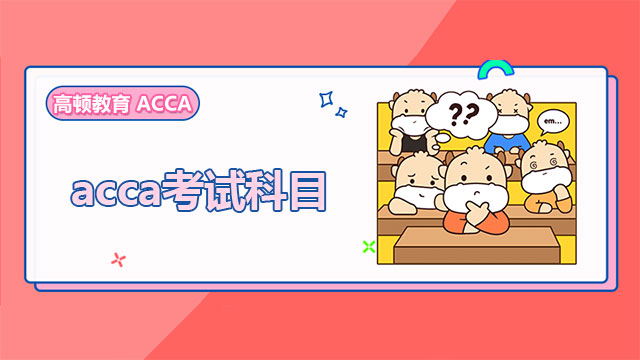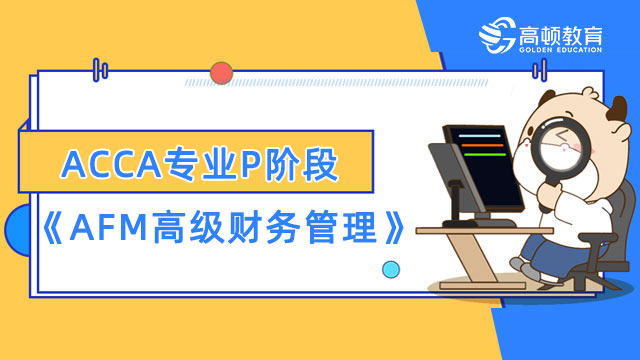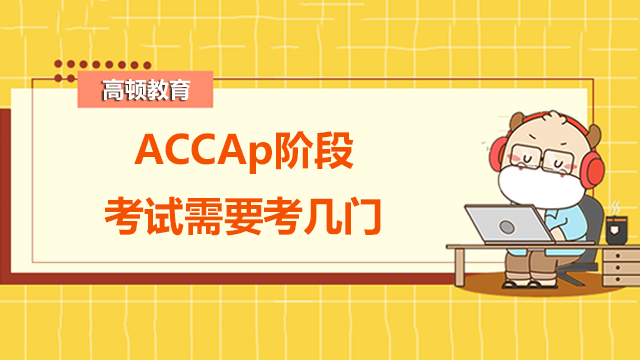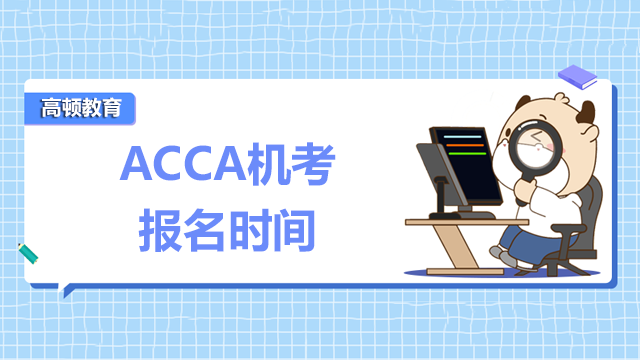2014年ACCA考试P1专业会计师复习汇总三
来源:
高顿网校
2014-07-02
以下是高顿网校为大家整理的:P1专业会计师复习汇总,希望对考生们有所帮助。
Internal control: Definition/Importance/Objectives
Definition/Importance
(Definition)
Internal control is any action taken by management to enhance the likelihood that established objectives and goals will be achieved. Management plans, organizes and directs the performance of sufficient actions to provide reasonable assurance that objectives and goals will be achieved. Thus the control is the result of proper planning, organizing and directing of management. Controls attempt to ensure that risks and those factors which stop the achievement of company objectives are minimized.
(Importance)
(1) Internal control and risk management are fundamental components of good corporate governance.
(2) Good corporate governance means that the board must identify and manage all risks within a company.
(3) In terms of risk management, internal control systems span financial, operational, and other areas i.e. all the activities of the company.
(4) However, internal control system are only as good as the people using them.
Objectives
(APB)
(1) The orderly and efficient conduct of its business, including adhere to internal policies.
(2) The safeguarding of assets.
(3) The preventing and detection of fraud and error.
(4) The accuracy and completeness of the accounting records.
(5) The timely preparation of financial information.
(COSO)
(1) Effectiveness and efficiency of operations.
(2) Reliability of financial reporting.
(3) Compliance with applicable laws and regulations.
Roles in risk management
Responsibility for internal control is not simply an executive management role. All employees have some responsibility for monitoring and maintaining internal controls.
(1) Board of directors: Ensuring adequacy and effectiveness of internal control system.
(2) Senior executive management: Setting internal control policies; Monitoring effectiveness of internal control system.
(3) Heads of business units: Establishing specific internal control policies and procedures.
(4) All employees: Operating and adhering to internal controls.
Elements/Components of internal control system (COSO framework)
Control Environment
(1) It describes the ethics and culture of the organization, which provide a framework with which other aspects of internal control operate.
(2) It is the attitude and actions of the board and management regarding the significance of control within the organization.
(3) It provides the discipline and structure of the achievement of the primary objectives of the system of internal control.
(4) It includes: (a) management’s philosophy and operating style; (b) organization structure; (c) Assignment of authority and responsibility; (d) human resources policies and practices; (e) competence of personnel.
Risk Assessment
(1) There is a connection between the objectives of an organization and the risks to which it is exposed.
(2) The risks involved in achieving those objectives should be identified and assessed.
(3) Risk assessment should form the basis for deciding how the risks should be managed.
Control Activities
(1) These are policies and procedures that ensure that the decisions and instructions of management are carried out.
(2) Control activities include: (a) authorizations; (b) verifications; (c) reconciliations; (d) approvals; (e) segregation of duties; (f) performance reviews etc.
(3) These control activities are commonly referred to as internal controls.
Information and Communication
(1) An organization must gather information and communicate it to the right people.
(2) Managers need both internal and external information to make decision.
(3) The quality of information systems is a key factor.
Monitoring
(1) The internal control system must be monitored.
(2) This element of an internal control system is associated with internal audit.
(3) It is important that deficiencies in the internal control system should be identified and reported up to senior management and the board of directors.
高顿网校小编寄语:试试就能行,争争就能赢。

扫一扫微信,*9时间获取2014年ACCA考试报名时间和考试时间提醒
高顿网校特别提醒:已经报名2014年ACCA考试的考生可按照复习计划有效进行!另外,高顿网校2014年ACCA考试辅导高清课程已经开通,通过针对性地讲解、训练、答疑、模考,对学习过程进行全程跟踪、分析、指导,可以帮助考生全面提升备考效果。
报考指南:2014年ACCA考试备考指南
免费题库:2014年ACCA考试免费题库
考前冲刺:ACCA备考秘籍
高清网课:ACCA考试网络课程
报考指南:2014年ACCA考试备考指南
免费题库:2014年ACCA考试免费题库
考前冲刺:ACCA备考秘籍
高清网课:ACCA考试网络课程
版权声明:本条内容自发布之日起,有效期为一个月。凡本网站注明“来源高顿教育”或“来源高顿网校”或“来源高顿”的所有作品,均为本网站合法拥有版权的作品,未经本网站授权,任何媒体、网站、个人不得转载、链接、转帖或以其他方式使用。
经本网站合法授权的,应在授权范围内使用,且使用时必须注明“来源高顿教育”或“来源高顿网校”或“来源高顿”,并不得对作品中出现的“高顿”字样进行删减、替换等。违反上述声明者,本网站将依法追究其法律责任。
本网站的部分资料转载自互联网,均尽力标明作者和出处。本网站转载的目的在于传递更多信息,并不意味着赞同其观点或证实其描述,本网站不对其真实性负责。
如您认为本网站刊载作品涉及版权等问题,请与本网站联系(邮箱fawu@gaodun.com,电话:021-31587497),本网站核实确认后会尽快予以处理。
点一下领资料
【整理版】ACCA各科目历年真题
真题高频考点,刷题全靠这份资料
下载合集
acca全科学习思维导图
梳理核心考点,一图看懂全部章节
下载合集
2023年acca考纲解析
覆盖科目重难点,备考按照计划走
下载合集
acca备考 热门问题解答
- acca考试怎么搭配科目?
-
建议优先选择相关联的科目进行搭配报考,这样可以提高备考效率,减轻备考压力,1、F1-F4:为随时机考科目,难度较低,这里可以自行随意选择考试顺序。2、F5-F9:如果你的工作的和财务会计或者审计有关、或者你比较擅长财务和审计的话,推荐先考F7和F8。你可以选择一起考ACCA考试科目F7和F8或者先考F7(8)再考F8(7),这就要取决你一次想考几门。3、P阶段:选修科目中,建议企业首选AFM!第二部分科目进行选择,如果AA和SBR掌握学生更好,可以通过选择AAA,如果SBL掌握的好,可以自己选择APM。
- acca一共几门几年考完?
-
acca一共有15门考试科目,其中有必修科目和选修科目,考生需要考完13门科目才能拿下证书。
- acca一年考几次?
-
acca一年有4次考试,分别是3月、6月、9月和12月,分季机考科目是采取的这类四个考季的模式,而随时机考则是没有这方面的时间规定限制,可以随报随考。
- acca的含金量如何?
-
ACCA证书的含金量是比较高的,从就业、能力提升、全球认可等角度来说,都是比较有优势的证书,其含金量主要表现在以下几个方面:1、国际化,认可度高;2、岗位多,就业前景好;3、缺口大,人才激励。
严选名师 全流程服务
其他人还搜了
热门推荐
-
acca专业阶段考试科目有哪些?究竟都考些什么? 2023-04-23
-
accaP阶段科目考完需要多久?速戳了解! 2023-03-28
-
ACCA高级课程是哪几门?和基础课程比难度怎么样? 2023-03-17
-
sbr和sbl哪个难?accaP阶段先考哪个? 2023-03-16
-
accaP阶段报名费是多少?一文介绍全了! 2023-03-14
-
accaP阶段有哪些科目?各科目详细介绍! 2023-03-14
-
accap阶段考试顺序是怎样的?选修科目怎么选? 2023-03-10
-
acca考试科目:《ATX高级税务》重点详解! 2023-03-06
-
acca考试科目:《APM高级业绩管理》重点详解! 2023-03-06
-
acca考试科目:《AFM高级财务管理》重点详解! 2023-03-06
-
accap阶段有效期是多久?需要几年内考完? 2023-03-01
-
accaP阶段选修选哪两门?各科难度对比来了! 2023-02-28
-
2023年acca的sbl怎么学?点击查收备考攻略! 2023-02-24
-
acca考试p阶段科目题型,附各科分值参考! 2023-02-23
-
accap阶段要考几门?重难点是什么? 2023-02-10
-
accap阶段要考几门?重难点是什么? 2023-02-10
-
accaP阶段科目怎么搭配?先考哪门? 2023-02-09
-
ACCA专业P阶段:《AFM高级财务管理》复习攻略 2023-01-30
-
accap阶段选哪两门?考试重难点介绍! 2023-01-17
-
acca考试科目:《AAA高级审计与鉴证》题型及重点! 2023-01-17
-
acca专业阶段考试难度分析,选修科目报考指南来了! 2023-01-12
-
accap阶段报考顺序推荐,先报哪个好? 2022-12-15
-
ACCAp阶段一次最多考几门?成绩有效期是多久? 2022-08-24
-
ACCA的p阶段需要备考多久才够?考试难度怎么样? 2022-08-18
-
ACCAp阶段考试需要考几门?考试时间是哪天? 2022-08-15
-
ACCA考试P阶段考几门?P阶段成绩有效期是多久? 2022-08-12
-
ACCAP阶段科目难度高吗?P阶段是机考吗? 2022-08-10
-
ACCA最后四门难考吗?通过率怎么样? 2022-07-19
-
ACCA英语不好怎么办?怎么提高英语? 2022-07-14
-
ACCA机考报名时间是什么时候?怎么报考? 2022-07-14
 更多服务
更多服务

















